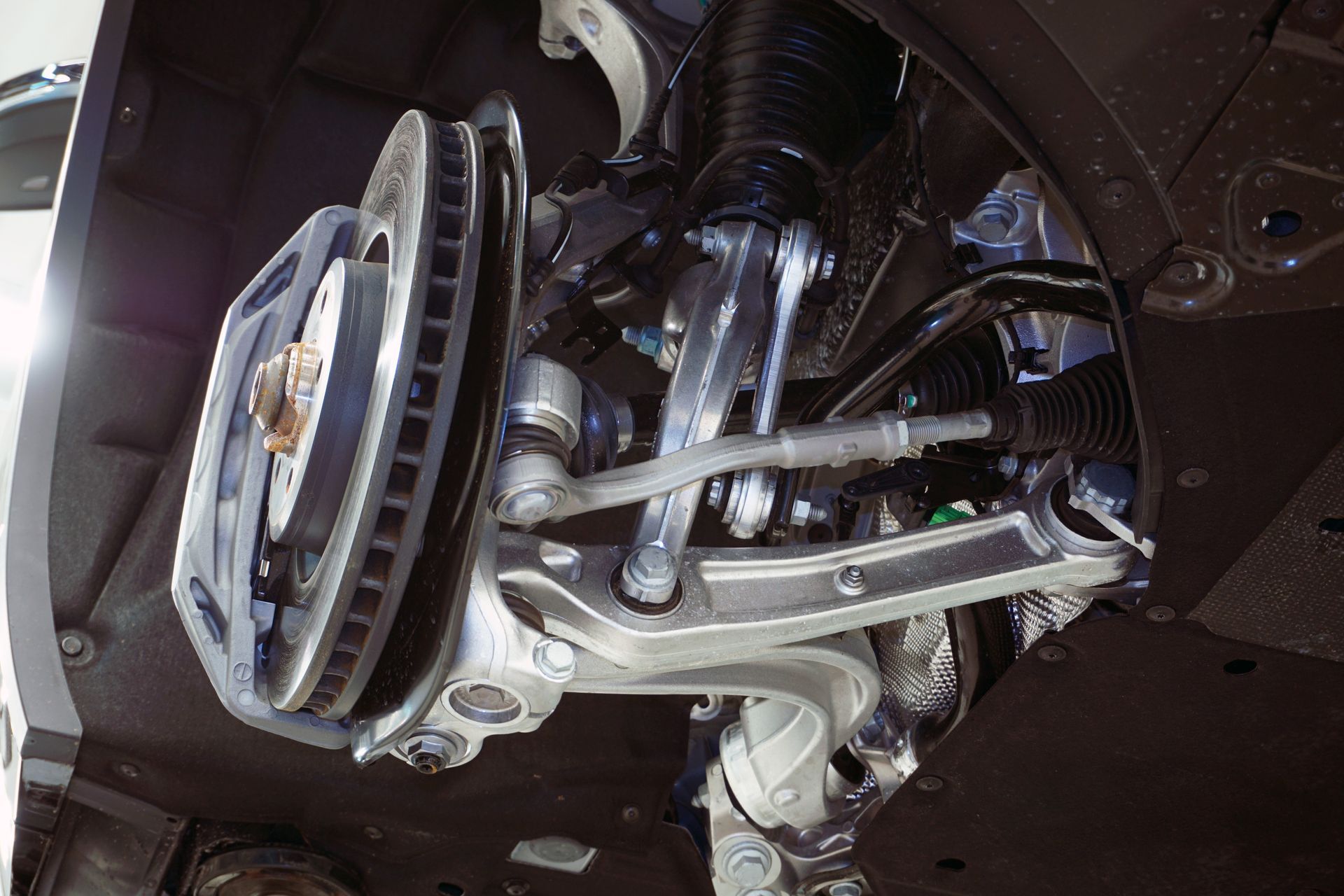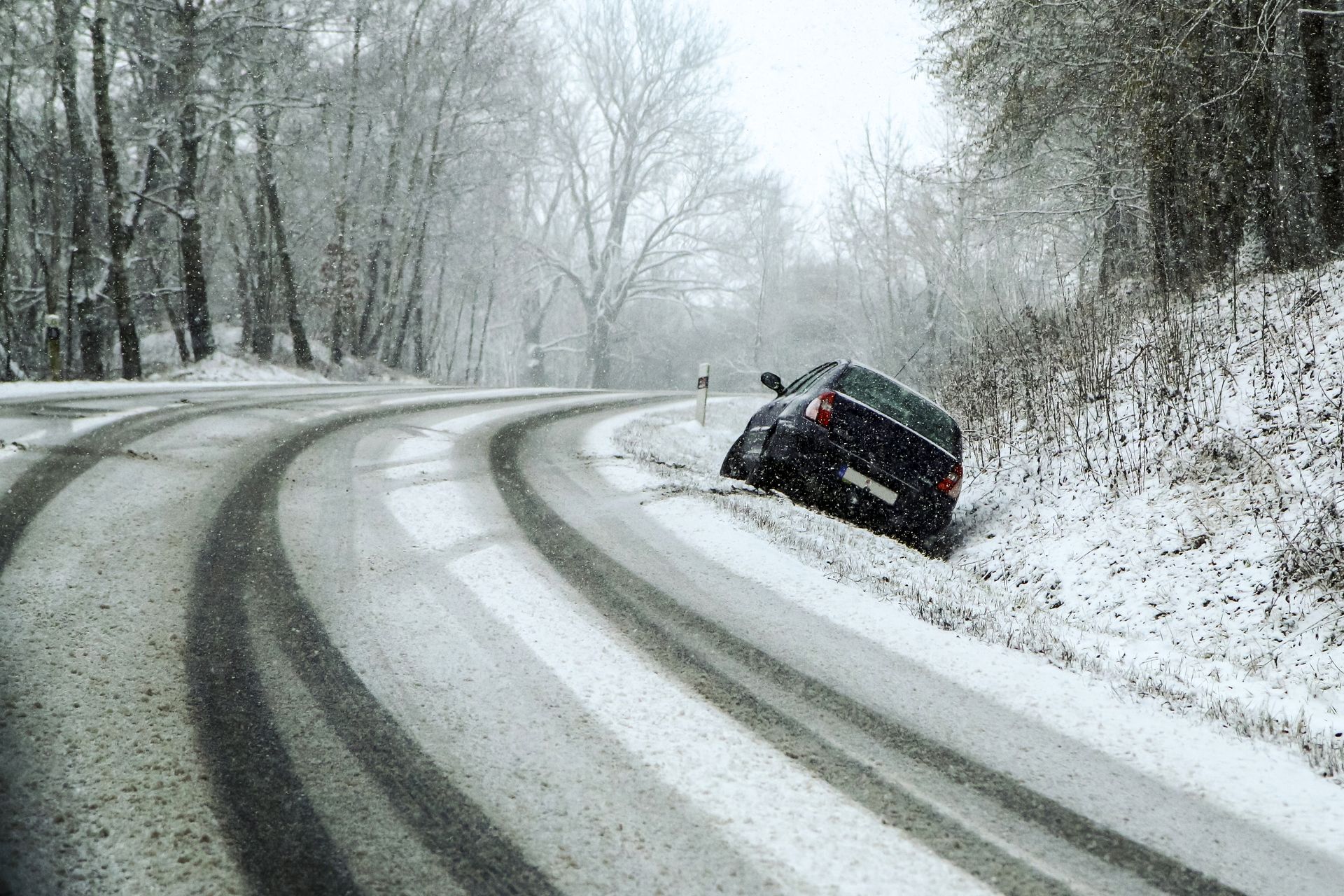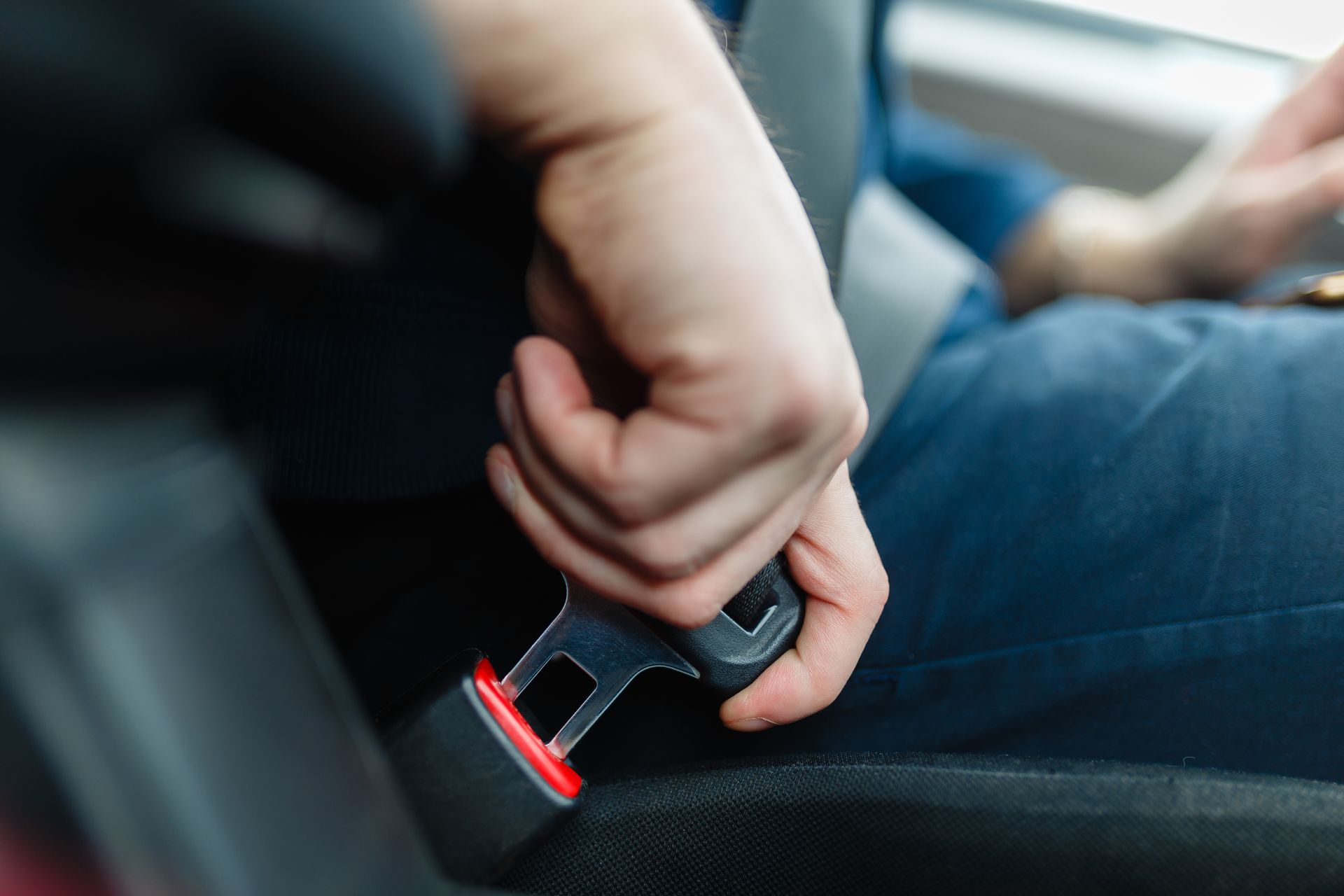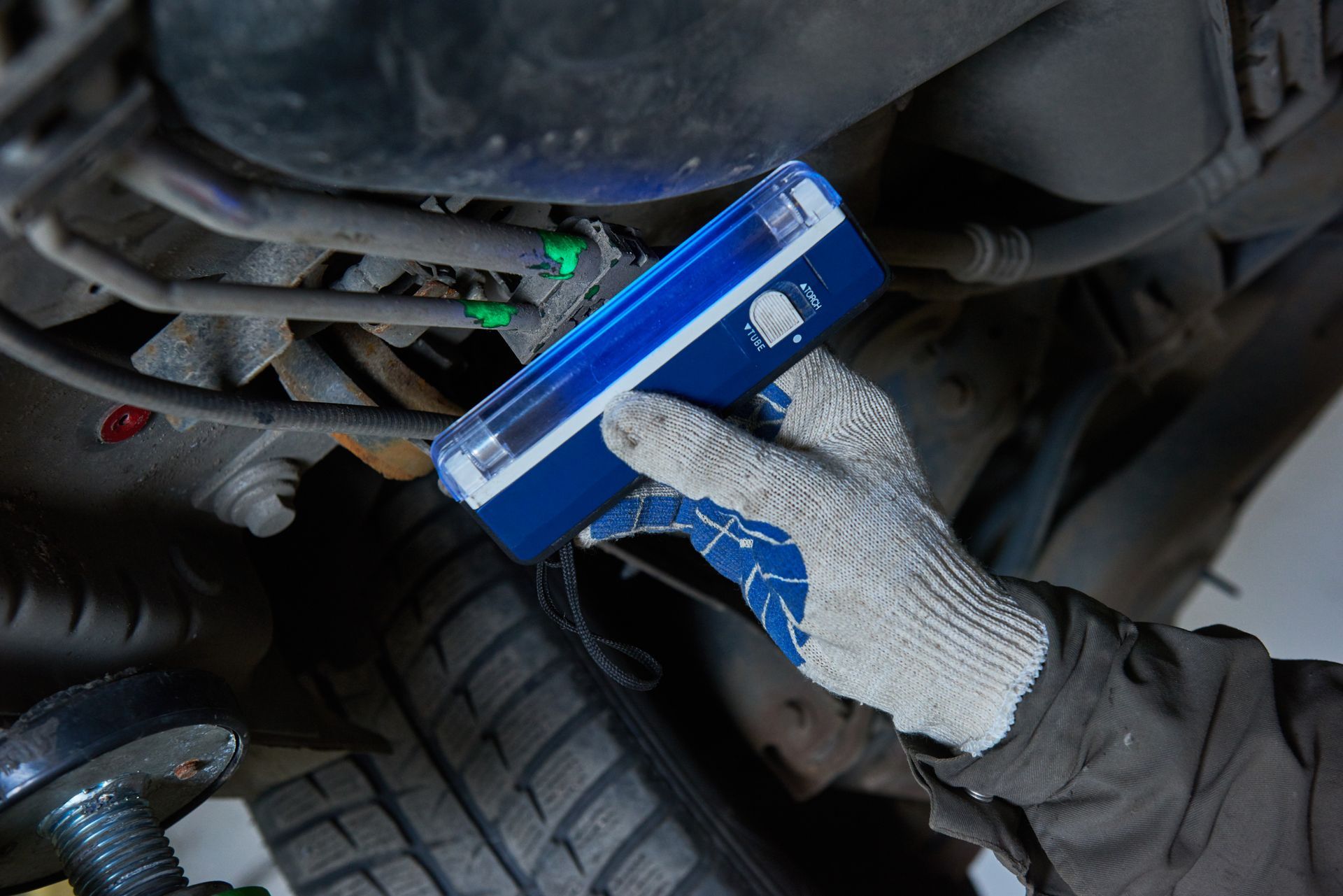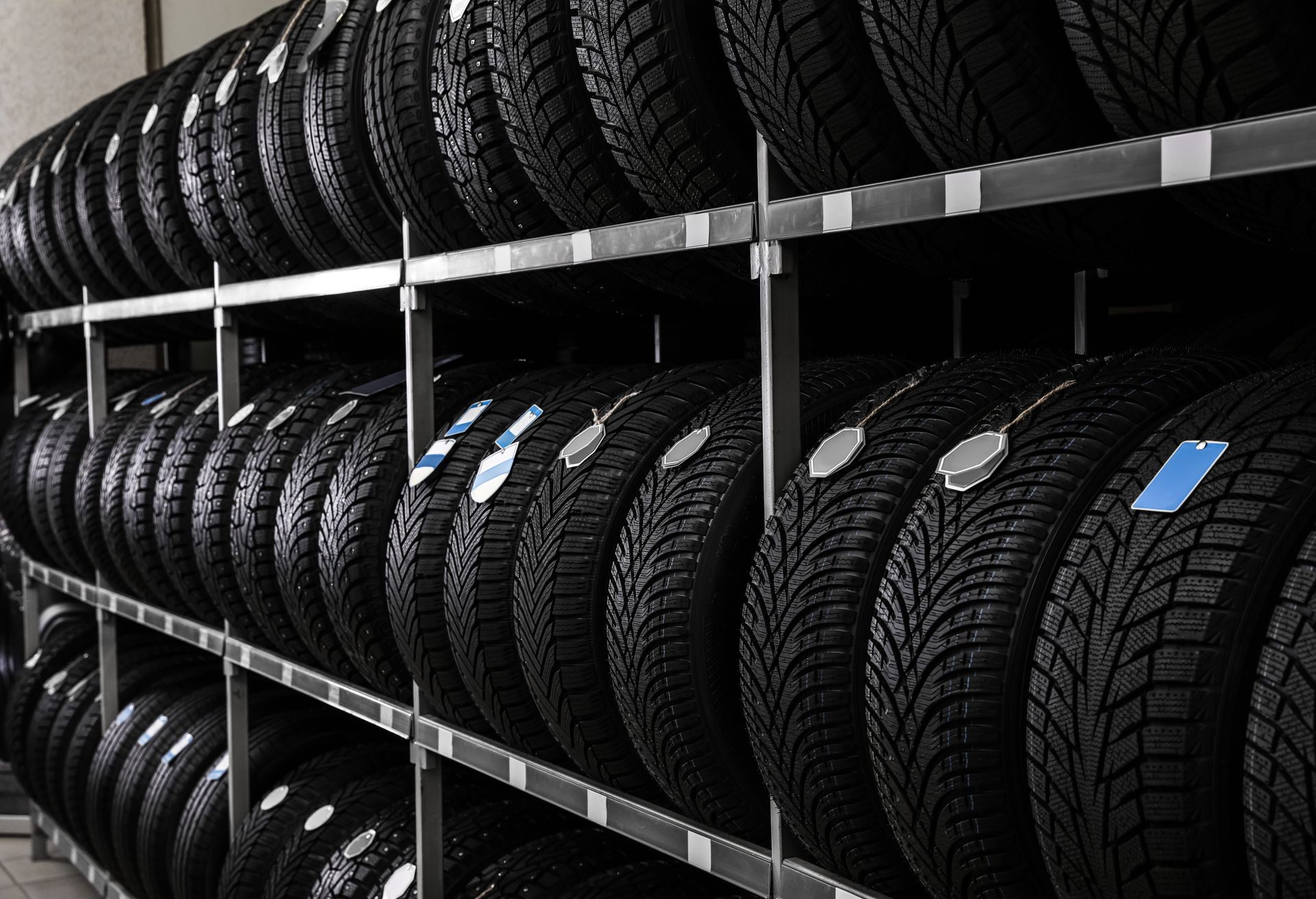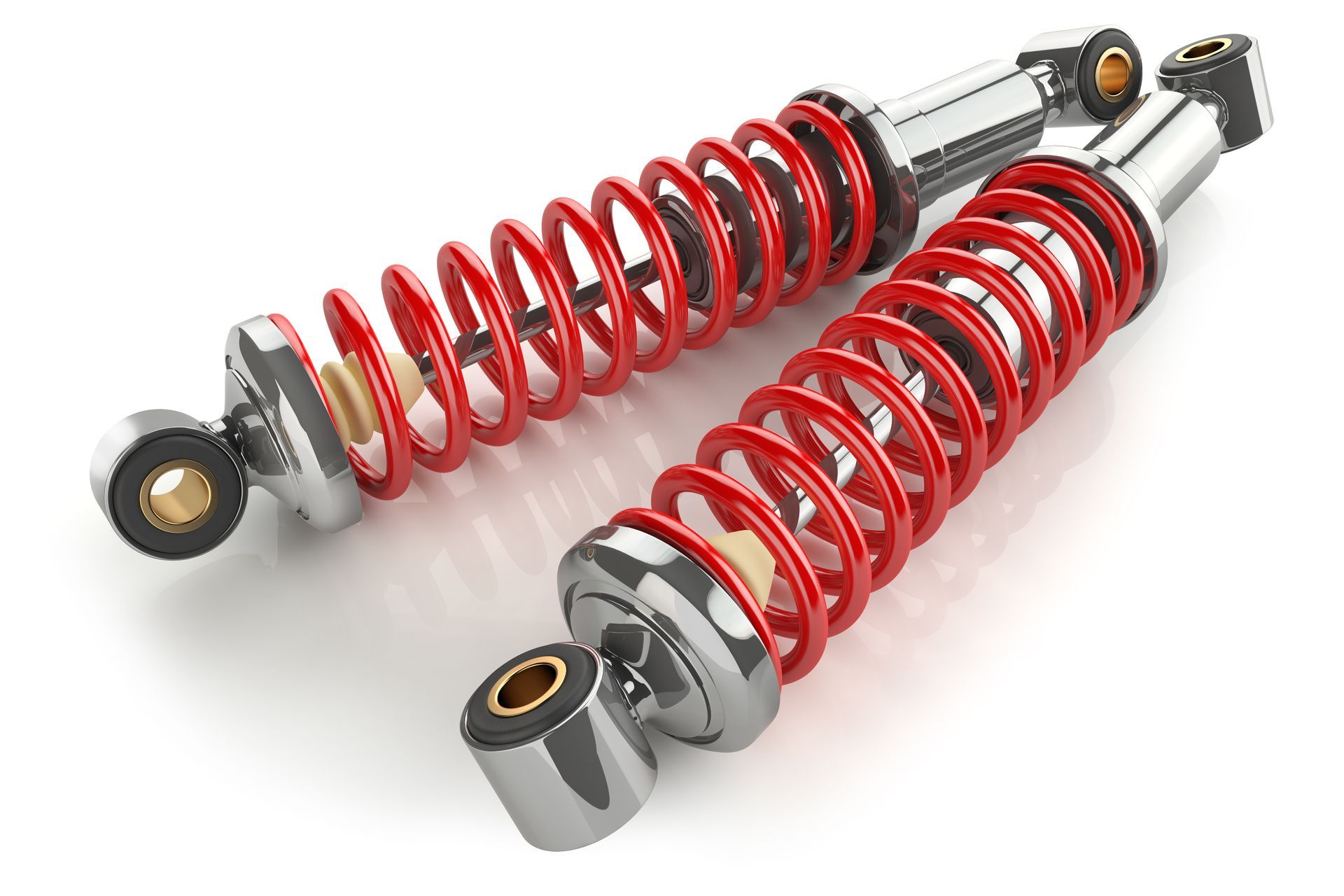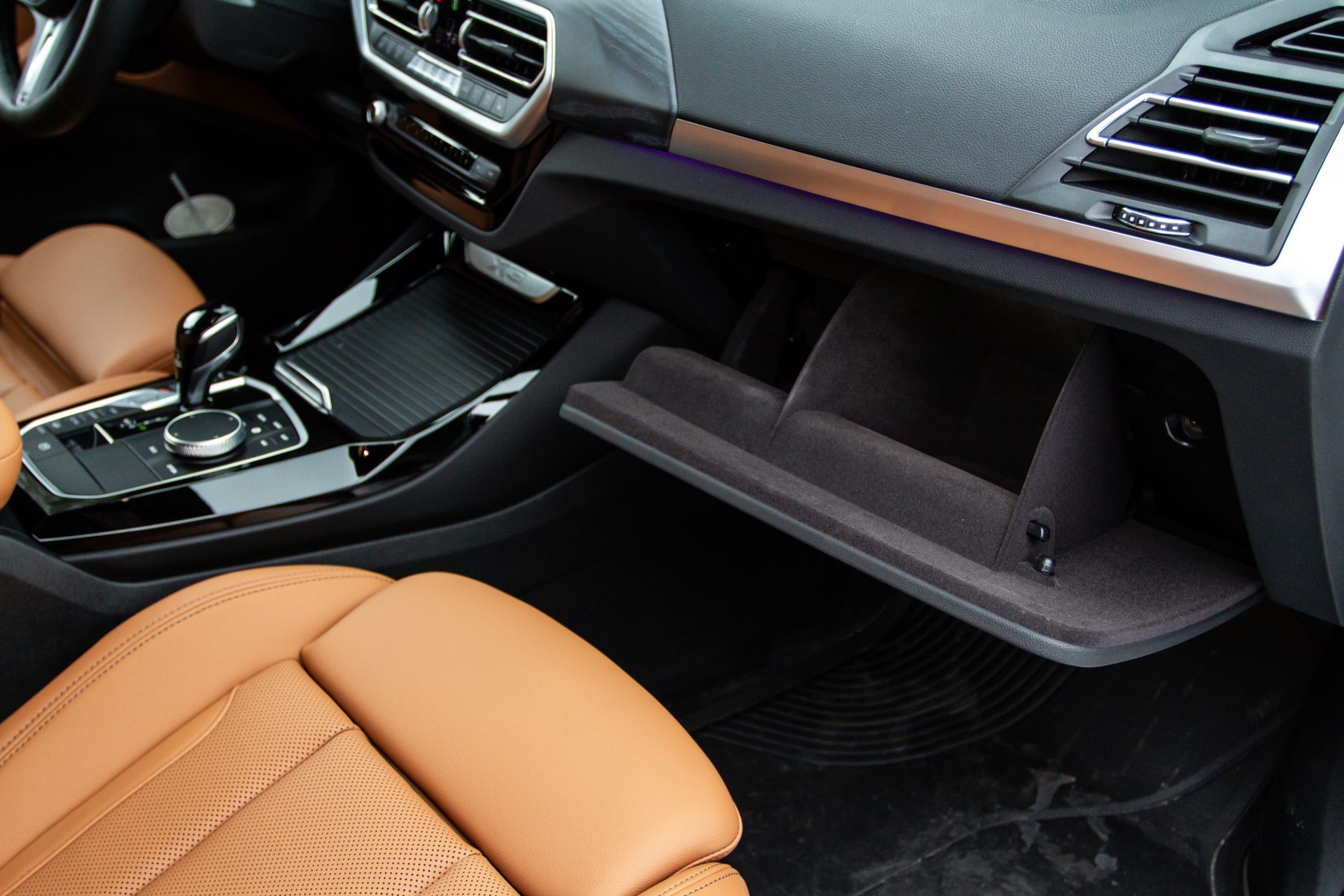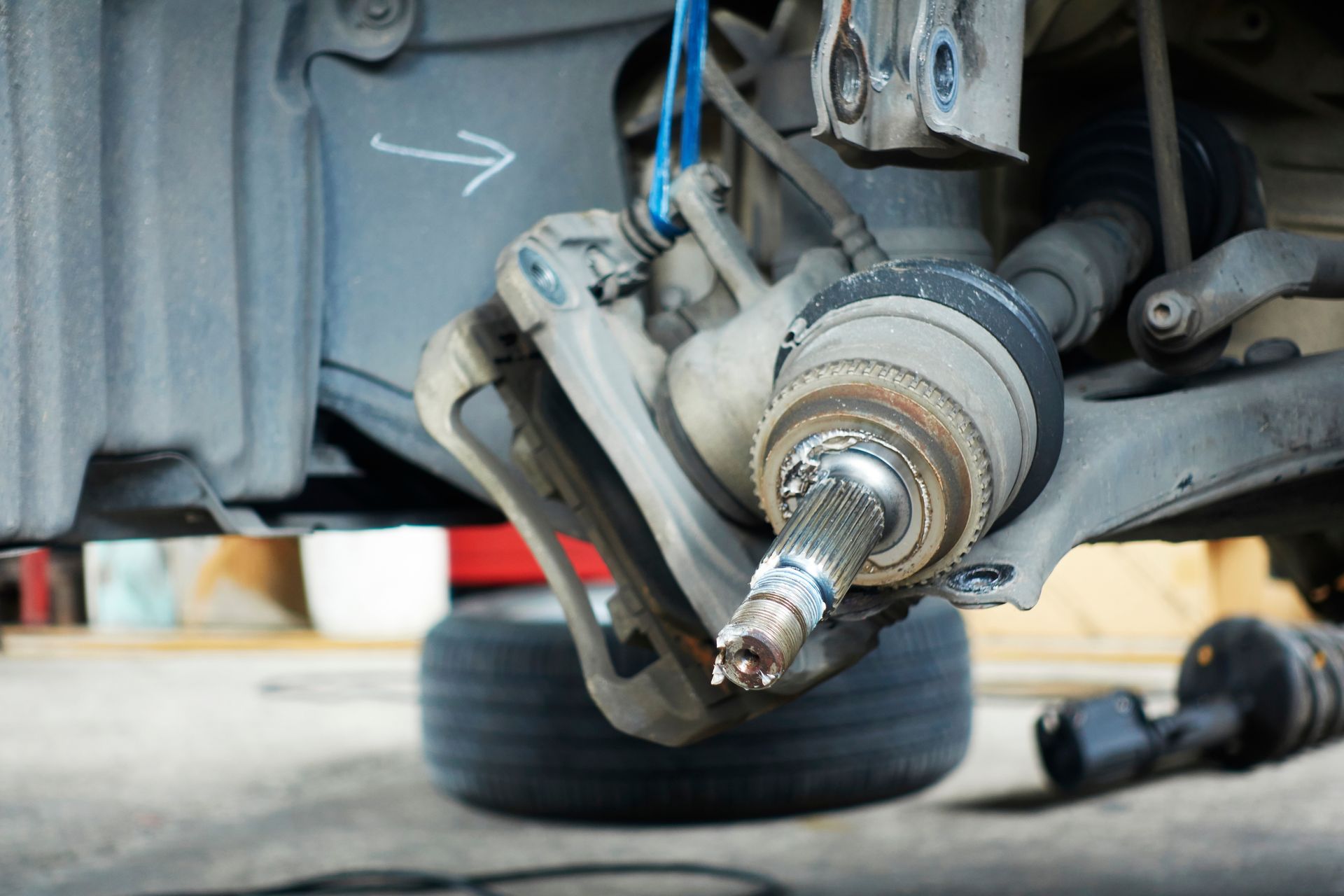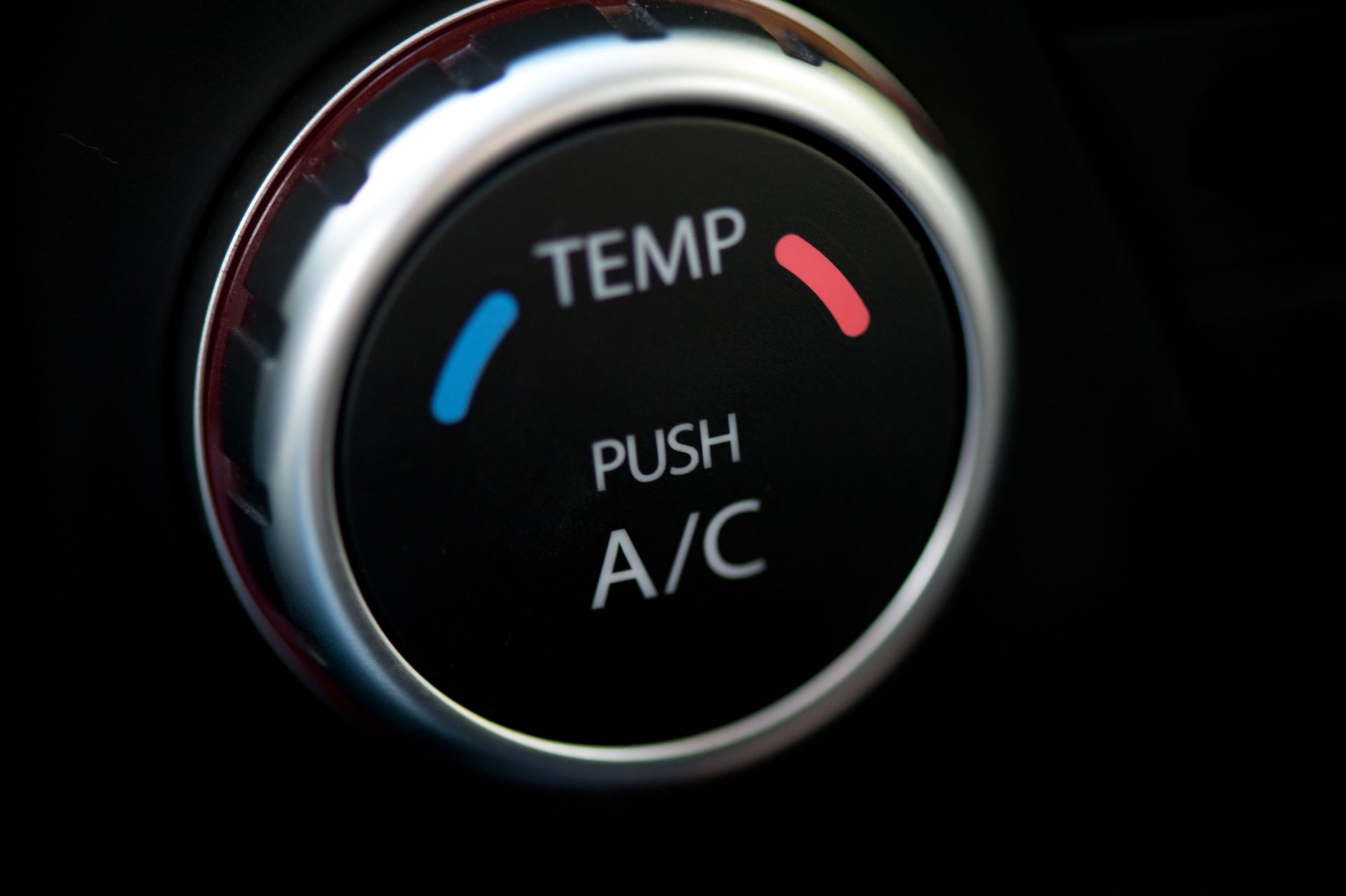Brake hoses are an essential part of your vehicle’s braking system. They carry brake fluid from the master cylinder to the brake calipers or wheel cylinders, allowing you to stop safely every time you press the pedal. Over time, these hoses can become worn, cracked, or brittle, especially in extreme weather conditions. Ignoring the warning signs can put your safety at serious risk and lead to expensive repairs.
What Brake Hoses Do
Unlike the metal brake lines that run along your vehicle’s frame, brake hoses are flexible, allowing them to connect moving components like calipers and wheel cylinders. Because they bend and flex constantly as you drive, they’re more vulnerable to wear.
When a hose starts to crack or deteriorate, it can no longer handle the high pressure required to deliver brake fluid effectively. Even a small leak can compromise your stopping power, making it harder to control your vehicle in an emergency.
Why Do Brake Hoses Crack and Fail
Several factors contribute to brake hose deterioration:
- Age and wear: Like other rubber components, brake hoses naturally break down over time.
- Heat exposure: Driving in hot climates or towing heavy loads accelerates wear.
- Moisture damage: Water and road salt can corrode fittings and weaken hose material.
- Physical damage: Rocks, debris, or improper installation can lead to cuts or punctures.
Because hoses degrade gradually, many drivers don’t notice a problem until it becomes severe. Regular inspections can catch early signs of damage before they affect braking performance.
Warning Signs of a Failing Brake Hose
Knowing the symptoms of a bad brake hose can help you act before it becomes dangerous. Look out for:
- A soft or spongy brake pedal
- Longer stopping distances
- Visible cracks, bulges, or leaks around the hose
- Fluid spots near your wheels
- Brake warning lights on your dashboard
If you notice any of these issues, it’s important to have your vehicle inspected right away. Even if only one hose shows signs of wear, replacing all of them is often recommended to ensure balanced braking performance.
Risks of Driving With Cracked Brake Hoses
Driving with damaged brake hoses is unsafe, and it can lead to complete brake failure. Without proper hydraulic pressure, the brake calipers or wheel cylinders may not engage at all, leaving you unable to stop your vehicle effectively.
In addition to the safety risk, ignoring the problem can cause damage to other braking components. Leaking fluid can contaminate pads, rotors, and other parts, requiring more extensive and costly repairs.
Preventing Brake Hose Problems
The best way to avoid issues with brake hoses is through routine inspections and timely replacements. During regular maintenance, our technicians check for cracks, leaks, and bulges, ensuring your braking system operates as it should.
Driving habits also make a difference. Avoid carrying unnecessary heavy loads, keep an eye on your brake fluid levels, and make sure your braking system is checked at every scheduled service.
Keep Your Brakes Reliable With Maryland Auto & Truck Repair
At Maryland Auto & Truck Repair in Glen Burnie, MD, we know how important your braking system is to your safety. Our technicians can inspect your brake hoses, replace worn components, and make sure your vehicle stops exactly when you need it to.
Don’t take chances with your brakes. Schedule a brake inspection today with
Maryland Auto & Truck Repair and drive with confidence, knowing your vehicle’s braking system is in top shape.

